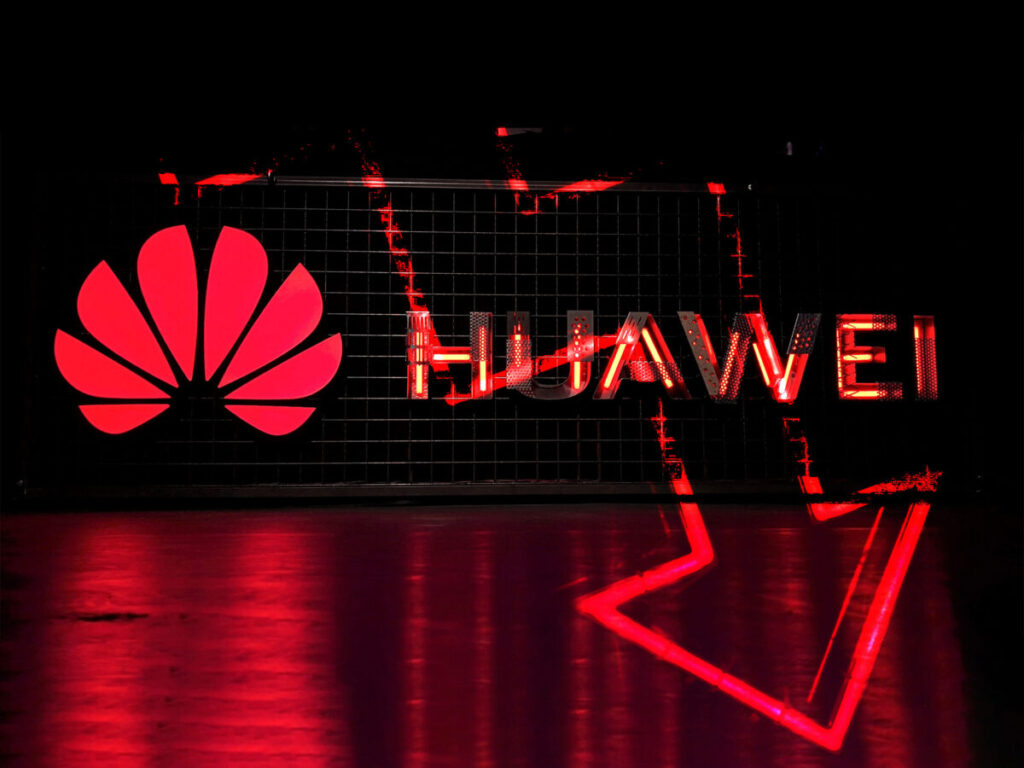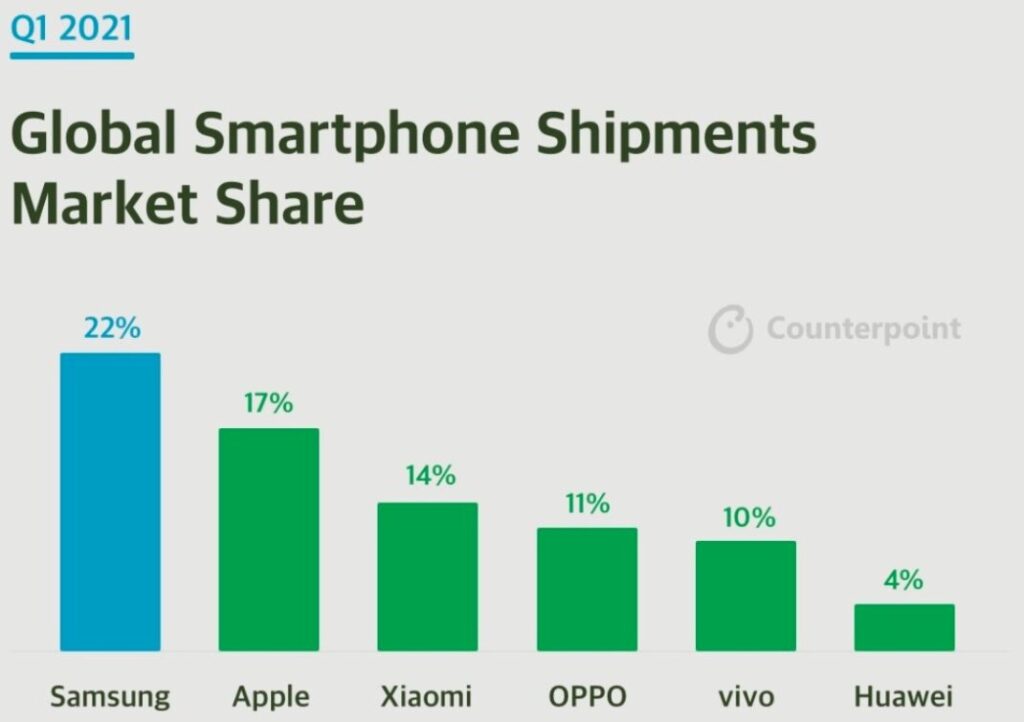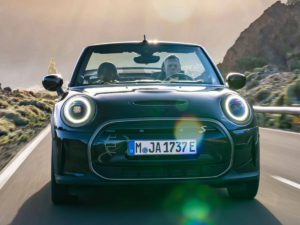Huawei was pushed into a corner. But when you have nothing more to lose, you are particularly dangerous. With HarmonyOS, the Chinese manufacturer wants to make its comeback and an alternative to the two top dogs Android and iOS at the same time. But is the project really feasible?

In recent years, the former smartphone high-flyer Huawei has faced numerous hurdles. Since the US imposed trade sanctions on the Chinese manufacturer in 2019, Huawei has been banned from doing business with the Android developer and Alphabet or Google. Since Android can be used as free software by all companies, Huawei phones have so far been equipped with the US operating system. However, Huawei users had to do without Google services such as Google Maps, YouTube or even the Play Store with its broad and popular range of apps. And the consequences were enormous.
After the trade embargo went into effect, Huawei sales rose in the Chinese home market. In addition, the manufacturer brought some minimally “refreshed” models such as the Huawei P30 Pro New Edition on the market, which still had all the Android advantages. In this way, the company was able to keep sales figures at a comparatively good level for a while. But currently this is no longer the case. According to a recently published market analysis by the research company Counterpoint Research, Huawei’s market share in global smartphone sales was only 4 percent in the first quarter of 2021. 4 percent! The Chinese company is currently in sixth place in the world market. And also the fact that theThe sale of the subsidiary Honor made a significant contribution to the reduction in sales figures, but only marginally consoles given the 22 percent market share of the former main competitor Samsung .

Now, true to the motto “attack is the best defense”, Huawei has launched an offensive on the two established mobile operating systems Android (Google) and iOS ( Apple ) and presented its own alternative. But can this really ensure a Huawei comeback?
HARMONYOS: THE NEW OPERATING SYSTEM FROM CHINA
Huawei has been thinking about introducing its own operating system for smartphones, wearables and other devices since 2019. After about two years , the time had finally come recently . The new software will initially be played in China on Huawei cell phones that have already been sold. A global rollout could also follow later. The Chinese company names a longer battery life, better performance, cross-device and uncomplicated networking, a new start screen, good security management and new service widgets as advantages. That all sounds pretty promising, yet it is questionable whether such bonuses can make up for the lack of Google services. Because HarmonyOS users will inevitably have to do without these in the future.
No matter how confident Huawei may be, its plan is a real Herculean task that numerous companies have already failed to tackle. Be it Windows 10 Mobile from Microsoft , Symbian OS from Nokia or BlackBerry10 – apart from Apple’s iOS, all major alternatives have so far been beaten. The so-called “winner-takes-all” principle also plays a role here. Because the market share of Android smartphones is extraordinarily high. And thus the proportion of users who are familiar with the operating system is also high. For this reason alone, many users will resort to an Android device the next time they buy a mobile phone – not to mention the advantages that the Google services bring with them.
However, the differences between Android and HarmonyOS could be less than expected. A code analysis by the Ars Technica portal showed that HarmonyOS is largely based on the code from Android. While this is good news for creatures of habit, it is also a major setback in terms of added value.
HARMONYOS AS A HUAWEI SAVIOR?
In terms of hardware, Huawei smartphones such as the Huawei Mate 40 Pro presented in November 2020 can easily keep up with any high-end competition. But it is still unlikely that HarmonyOS will give the manufacturer a new shine. In order to be able to prevail against the “winner-takes-all” principle, hardware and software would have to offer really great added value, such as holograms. However, since these are not on the menu, a timely comeback without ending the US sanctions is a challenge, to say the least. If Huawei’s plan succeeds anyway, the US could have created a powerful competitor and scored a big own goal.


